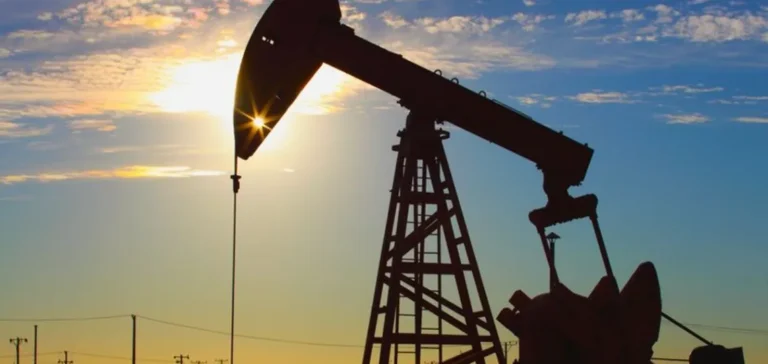Permex Petroleum Corporation, a Canadian company listed on the Canadian Securities Exchange, has announced the closing of a private placement of convertible debentures for a total amount of US$2mn ($2.00mn). The transaction involved a single independent investor, in line with North American regulations governing private placements.
Placement details and financial conditions
Each unit issued as part of this transaction includes a convertible debenture with a nominal value of US$1,000, as well as 393 warrants allowing the acquisition of common shares at an exercise price set at US$2.54 for a period of five years. The maturity of these debentures is set at one year, with a simple interest rate of 10%, payable in cash or shares at a conversion price equivalent to the warrant price, subject to the approval of the Canadian Securities Exchange.
No placement commission was paid as part of the transaction. The net proceeds of the operation are allocated to the company’s working capital requirements, according to statements provided by Permex Petroleum Corporation.
Conversion and regulatory terms
The company specified that debenture holders may convert the principal and accrued interest into shares at any time under the stated terms, or request repayment in cash in the event of a future financing of at least US$7.5mn. Any conversion that would result in a dilution threshold exceeding market rules remains subject to prior approval by shareholders and the relevant stock exchange authorities.
All securities issued under this private placement are subject to a four-month holding period, in line with Canadian securities legislation, as well as additional restrictions under United States law for non-U.S. investors, in accordance with the United States Securities Act of 1933.
Regulatory context and liquidity outlook
The company indicated that this placement has not been registered with the United States Securities and Exchange Commission, in accordance with an exemption provided under U.S. law and the applicable Canadian regime. No security may be offered or sold on the U.S. market without registration or a specific exemption validated by the competent authorities.
The management of Permex Petroleum Corporation has not provided a timetable regarding the detailed use of the funds raised, but the transaction strengthens the company’s ability to meet its short-term financial obligations.
Permex Petroleum Corporation President and Chief Executive Officer, Mehran Ehsan, stated in the July 11 press release that the transaction “brings increased flexibility to the company’s financial structure” (Newsfile Corp. reported on July 11).






















